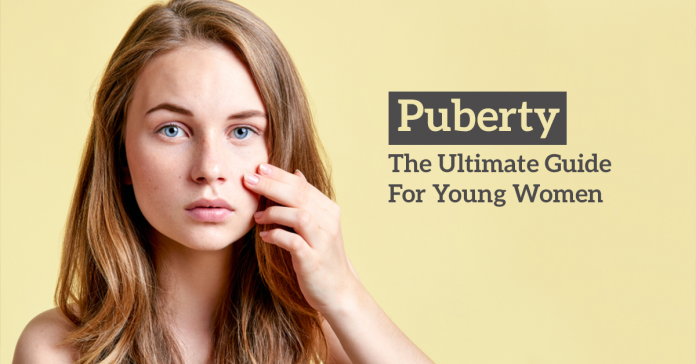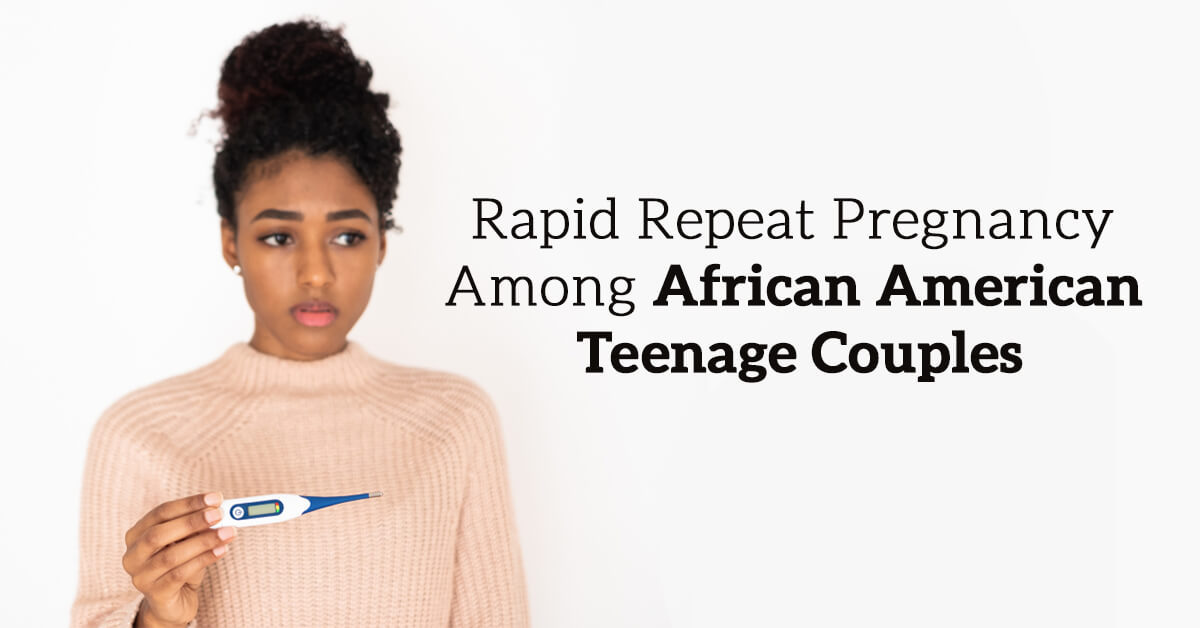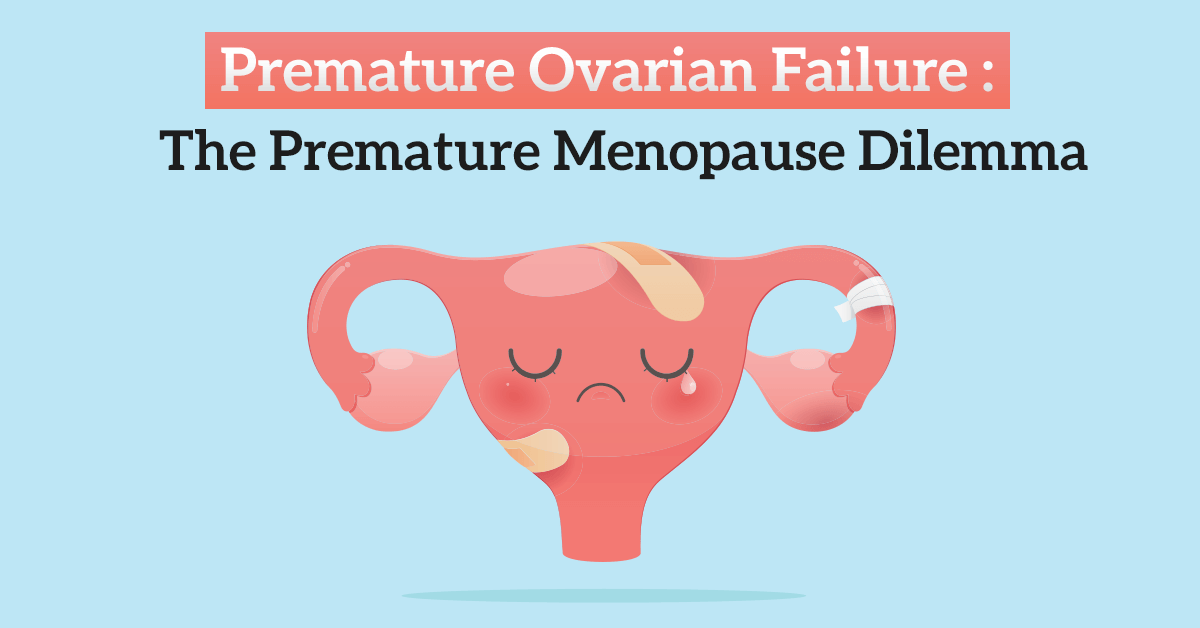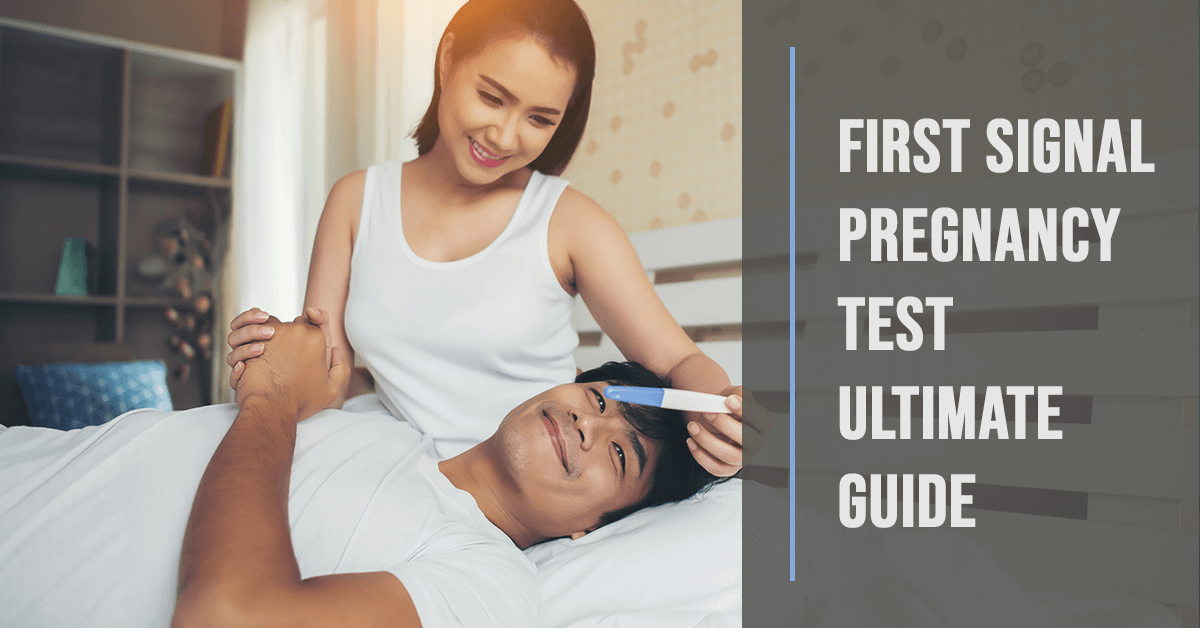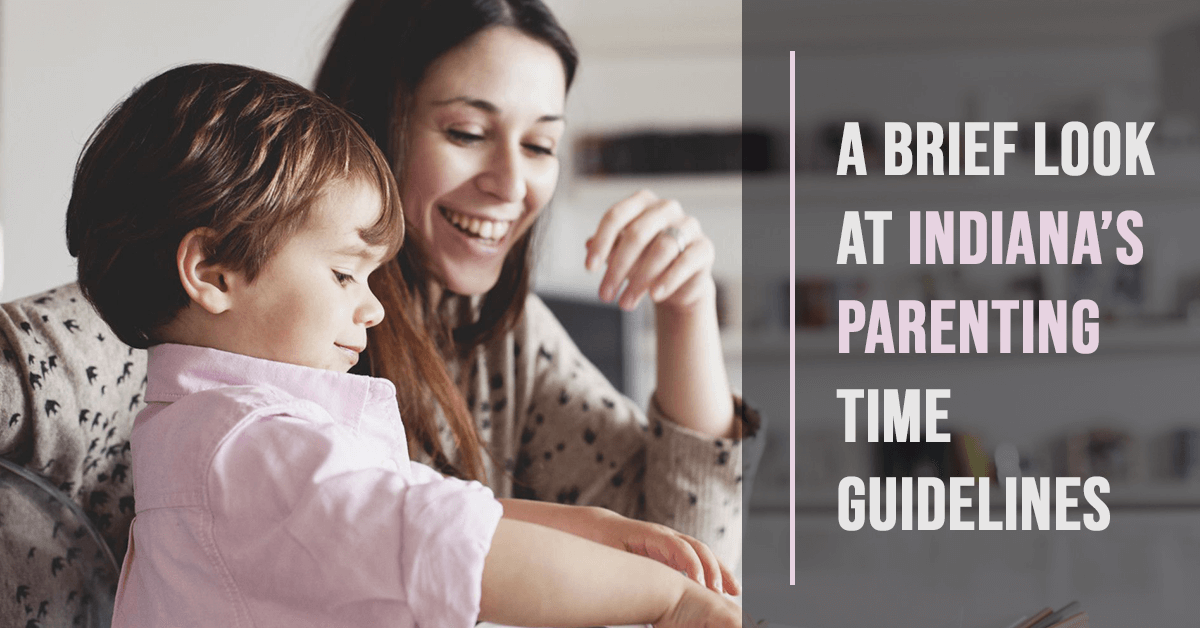Puberty is basically a combination of physical and emotional changes that occur when a girl or boy becomes a young woman or man.
Puberty usually begins when the body begins to produce a new hormone.
Changes in adolescent girls are described below:
The Puberty Starting Point
The starting point for adolescents is the normal age of puberty of 12 years. But the earliest normal age is 8 years, and the last is 16 years.
The Causes of Puberty
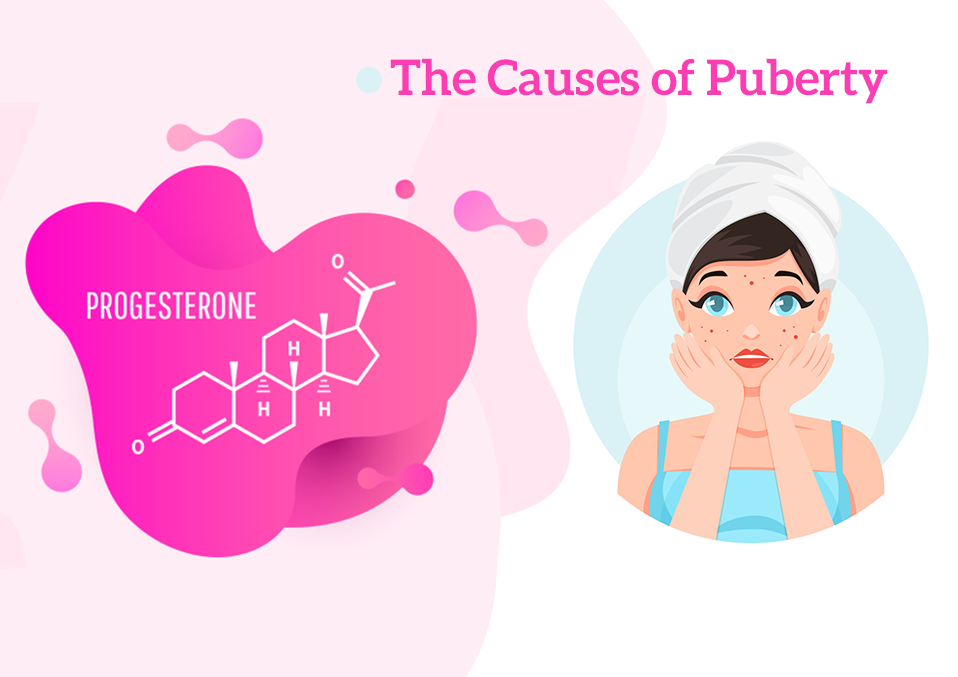
Puberty is when the pituitary gland, a very small gland close to the brain, causes the body to signal that it’s time to release the hormone.
The hormone then begins to stimulate the growth and development of the genitals with other switches throughout the body.
Expected Changes
The breast will begin to increase in size, including the nipples. However, it is quite normal for one of your Breasts to be larger than the other and sometimes hurt.
As long as you have puberty, the hair will start to grow in a new place. Pubic hair begins to slowly grow in a triangular pattern of the pubic area. The hair under your arms will also start to grow. You may also notice that the hair on the legs and arms becomes darker.
Skin will start to become way more oily than normal. This could the reason behind acne and pimples on your face and back also. There are available medications and cleaning agents to help you treat acne, and if these do not work, there are prescription medications that could help you out to make a difference.
The skin starts to get greasier than usual. This can be the cause of acne and pimples on the face and back as well. Medications and cleansers are available to treat acne, and if they don’t work, prescription drugs can help make a difference. Your body begins to change its shape. Hips have become wider, the pelvis becomes wider. Your body starts to have more curves. You have mostly become a woman.
However, during puberty, you begin your first menstrual period.
The Menstrual Period
Menstruation is the release of blood and tissue from the lining of the uterus each month. During ovulation, the inner layer of the uterus begins to become thicker, but if the egg is not yet fertilized, most of it falls out during menstruation. This release of blood is called the menstrual period, which is usually called the period when the normal functioning of the female body.
The first menstruation in girls typically starts anywhere between 8 and 16 years.
Periods usually last 3 to 7 days and occurs once a month.
A girl’s average cycle is the time from the 1st day of bleeding of one period until the 1st day of bleeding for the next period is approximately around 28 to 32 days, even though this could vary and be irregular in the beginning.
There are many choices of feminine hygiene products, like sanitary napkins and tampons that could be used during your period.
Related articles :
- Is Natural Birth Preferable to a C-Section?
- The Best Fair-Trade Clothing Items for Your Newborn
- One Of Your Priorities When Pregnant Is Pregnancy Safety
- 10 Yoga Poses To Boost Your Fertility
Why Must I Keep A Calendar?

It is best to begin keeping track of your periods on a calendar. Easily mark the 1st day your period begins on your calendar with an “X”. Count the 1st “X” as your day one of your cycle.
Keep counting the days until your next period. If you do this every month, you would know when your next period will start. Keep in mind that in the start this could differentiate and be inconsistent.
Discomforts And Premenstrual Symptoms
During or before your period you might actually experience some cramping.
This in fact, occurs because the uterus is a muscle, just like all muscles, it would contract and relax. So during menstruation the uterus contracts way stronger than any other times of the month. This will produce the annoying feeling of cramps.
Cramps are interesting and painful, they come and go either growing stronger or fading away.
Other discomforts that might occur days or weeks way before your period are bloating, tender breasts, headaches, feeling tired, mood swings, and food cravings.
Not everyone going through menstruation will be experiencing all of these signs, but these are the most typical.
How Can I Feel Comfortable During My Period?
- Use a hot water bottle or heating pad to relieve cramps and aches.
- Exercise can aid in relieving some of the cramping.
- Over the counter pain killers like naproxen, ibuprofen or acetaminophen can help in calming the pain.
- Taking vitamin B regularly might lower the symptoms.
Therefore, if the cramps are unbearable and might be the reason for you to miss out on school or normal day-to-day activities, you could check with your doctor and get a prescription for medication which could help balance your period and calm some of that pain.
Read Also :
Nine Things You Can Learn From Your Pregnancy Farts
Is Sushi Safe to Eat During Pregnancy?
WOMEN STICK TOGETHER, SHARING IS CARING!

